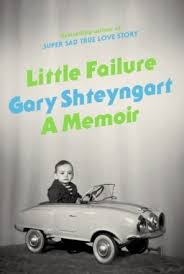Wesley Yang writes for New York and other publications.
“If a person remains true to some part of their experience, no matter what it is, and they present it in full candor, there’s value to that. People will recognize it. Once I knew that was true, I knew I could do this.”
Thanks to MailChimp, Home Chef, and Trunk Club for sponsoring this week's episode.





 Pamela Colloff is an executive editor and staff writer at Texas Monthly.
Pamela Colloff is an executive editor and staff writer at Texas Monthly.
 Mimi Swartz has written for Talk, The New Yorker and Vogue. She is an executive editor at Texas Monthly.
Mimi Swartz has written for Talk, The New Yorker and Vogue. She is an executive editor at Texas Monthly.








